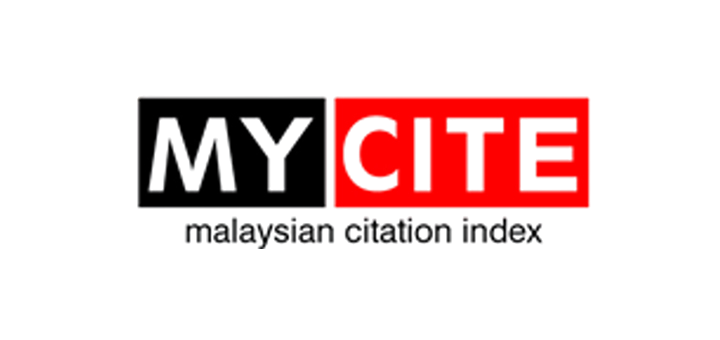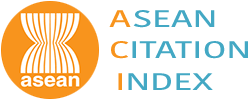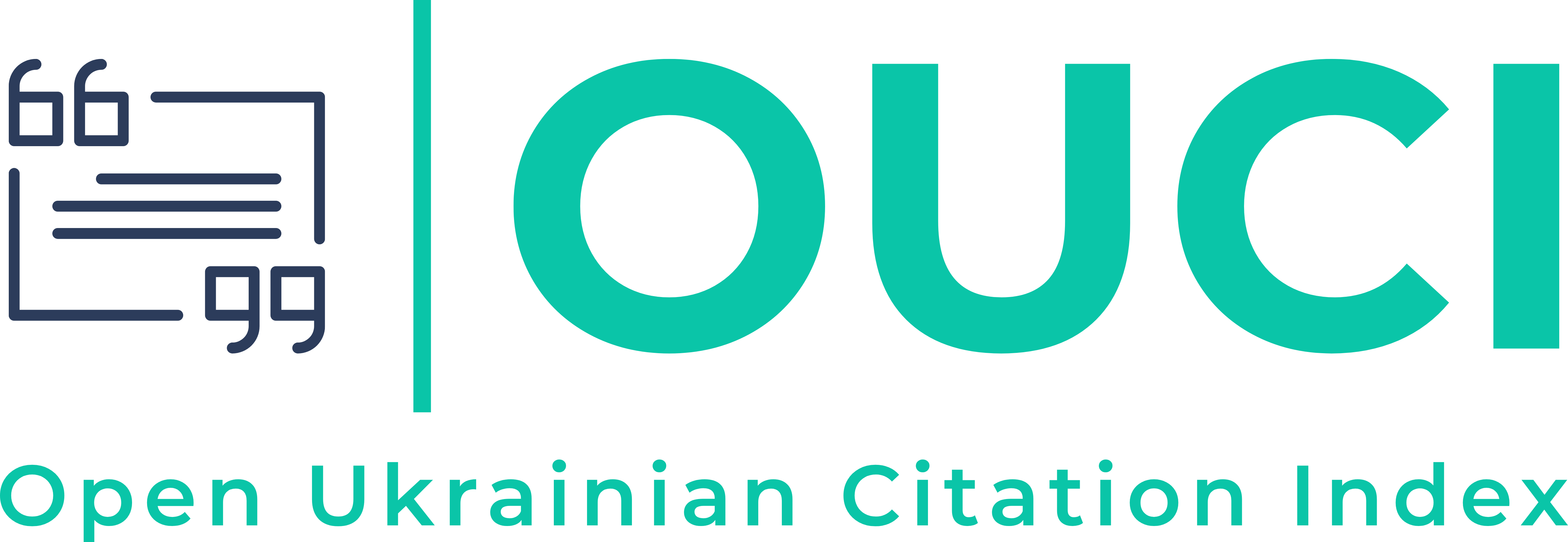Spatial and Temporal Variation of Soil Conservation on The Southern Slopes of Qilian Mountains, China
Abstract
Soil is essential to human survival, and soil health directly impacts human production and life; therefore, monitoring soil erosion has been the primary concern for scientists worldwide. Using the Revised Universal Soil Loss Equation (RUSLE), we analyzed soil conservation, actual soil erosion, and potential soil erosion on the south slope of the Qilian Mountains in China from 2000 to 2015. We drew the following conclusions: (1) The spatial distribution characteristics of soil conservation (Ac) and potential soil erosion (Ap) in the study area remained highly consistent, with a decreasing trend in the northwest and an increasing trend in the southeast. (2) The soil conservation capacity of the study area is increasing while the LSCA area is decreasing significantly. (3) The influence of R and Ap on Ac is powerful, whereas the influence of Ar on Ac is moderate. (4) The change in soil conservation decreases as DEM increases but increases as NDVI increases.
Downloads
References
Batista, P. V., Davies, J., Silva, M. L., & Quinton, J. N. (2019). On the evaluation of soil erosion models: Are we doing enough?. Earth-Science Reviews, 197, 102898. https://doi.org/10.1016/j.earscirev.2019.102898
Dumanski, J., & Peiretti, R. (2013). Modern concepts of soil conservation. International soil and water conservation research, 1(1), 19-23. https://doi.org/10.1016/S2095-6339(15)30046-0
Gao, H., Li, Z., Jia, L., Li, P., Xu, G., Ren, Z., ... & Zhao, B. (2016). Capacity of soil loss control in the Loess Plateau based on soil erosion control degree. Journal of Geographical Sciences, 26, 457-472. https://doi.org/10.1007/s11442-016-1279-y
Jie, C., Jing-Zhang, C., Man-Zhi, T., & Zi-tong, G. (2002). Soil degradation: a global problem endangering sustainable development. Journal of Geographical Sciences, 12, 243-252. http://dx.doi.org/10.1007/BF02837550.
Lal, R. A. T. T. A. N. (2001). Soil degradation by erosion. Land degradation & development, 12(6), 519-539. https://doi.org/10.1002/ldr.472
Pan, J., & Wen, Y. (2014). Estimation of soil erosion using RUSLE in Caijiamiao watershed, China. Natural Hazards, 71, 2187-2205. https://doi.org/10.1007/s11069-013-1006-2
Prasannakumar, V., Vijith, H., Abinod, S., & Geetha, N. J. G. F. (2012). Estimation of soil erosion risk within a small mountainous sub-watershed in Kerala, India, using Revised Universal Soil Loss Equation (RUSLE) and geo-information technology. Geoscience frontiers, 3(2), 209-215. https://doi.org/10.1016/j.gsf.2011.11.003
Sun, F., Lyu, Y., Fu, B., & Hu, J. (2016). Hydrological services by mountain ecosystems in Qilian Mountain of China: A review. Chinese Geographical Science, 26, 174-187.https://doi.org/10.1007/s11769-015-0791-9
Tian, H., Yang, T., & Liu, Q. (2014). Climate change and glacier area shrinkage in the Qilian mountains, China, from 1956 to 2010. Annals of Glaciology, 55(66), 187-197.https://doi.org/10.3189/2014AoG66A045
Wei, X., Eboy, O. V., Cao, G., & Xu, L. (2023). Spatio-temporal variation of water conservation and its impact factors on the southern slope of Qilian Mountains. Regional Sustainability, 4(1), 54-67. https://doi.org/10.1016/j.regsus.2023.03.001
Yue, Q.X., Xiao, M.S., Xiang, B.K., Jian, P., & Yun, L.C. (2008). Adapting the RUSLE and GIS to model soil erosion risk in a mountains karst watershed, Guizhou Province, China. Environmental monitoring and assessment, 141, 275-286. https://doi.org/10.1007/s10661-007-9894-9
Zong, x. L., Qi, F., Zong, j. L., Xu, f. W., Juan, G., Bai, j. Z. (2021). Reversing conflict between humans and the environment-The experience in the Qilian Mountains. Renewable and Sustainable Energy Reviews, 148, 111333. https://doi.org/10.1016/j.rser.2021.111333

















